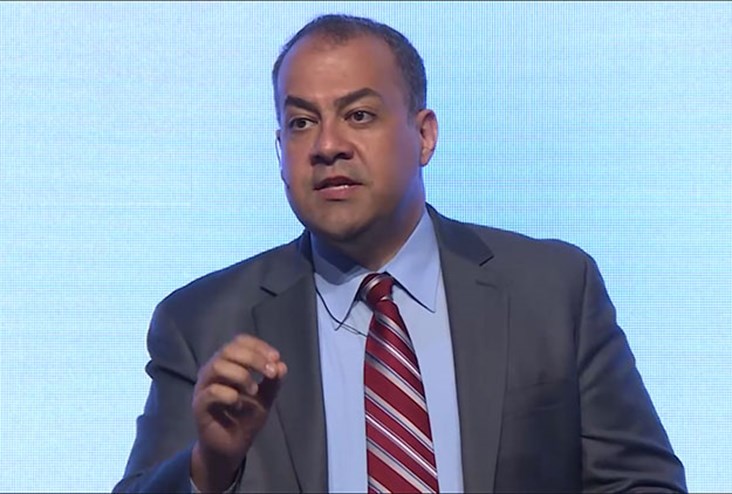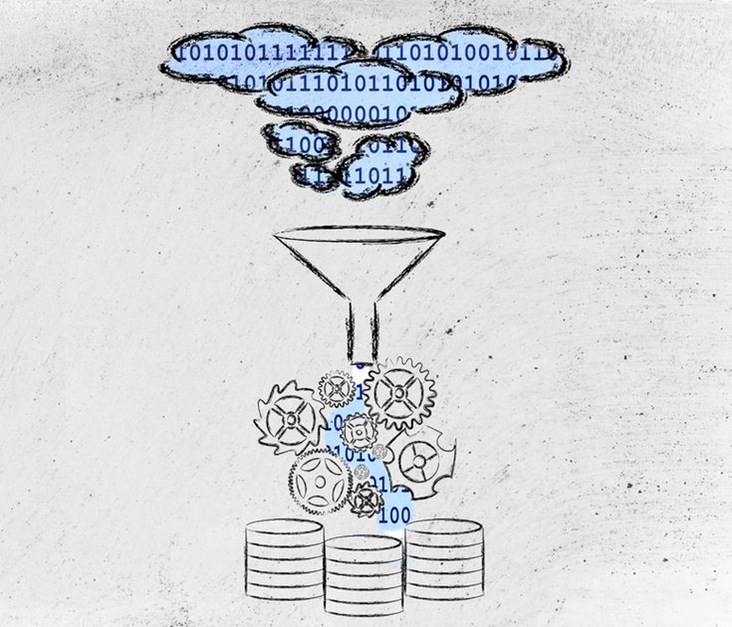
During ArabNet’s Digital Summit 2014 Cloudera CTO and co-founder Amr Awadallah took to the stage to deliver a talk on big data and business intelligence. Amr, an Egyptian by birth, had spent the last 11 years of his life working in the Unites States. Six years ago he co-founded Cloudera, an enterprise software company that provides Apache Hadoop-based software and training to data-driven enterprises.
Cloudera started with just four co-founders. Amr joined from Yahoo! while the three others came from Google, Facebook and Oracle. Right now they employ about 600 employees worldwide. The company has also raised more than a billion dollars since its inception - the highest amount ever achieved by a private software company - from a star studded lineup of backers, including Google, Intel and Dell, which is “a testament to how fast and how big the big data space is,” according to Amr.
Leveraging data to ask the big questions
“Data has changed,” he explains, referring to the classical interpretation of data as structured or relational. Or “very well defined tables that fit nicely in excel spreadsheets and tables,” as he describes it. “Data is much more than that, and we can handle much more than that.”
SEE ALSO: How to Harness The Power of Government Owned Big Data and Local Talent
Why is this happening now?
Because entities today - enterprises, companies, governments and organizations - are much more sophisticated when it comes to instrumenting and collecting data. A large part of their businesses is already happening inside of computers already, but more important than that is the rise of instrumentation: RFID tags, low power Bluetooth, GPS and cameras all mean that we are collecting way more data than before. Amr uses the following example:
In the old way of doing things, like drawing cash from an ATM, the only information that is captured is the explicit transaction. Person X, at time T, withdrew Z dollars from account Y. “Very well defined, very structured, very explicit.” Today we still do that he continues, but we do a lot more. A camera takes a picture of you; the touch screen can observe the way you use your hand; the ATM could also tell that you are still standing next to it if you have bank’s mobile app installed on your phone. “And how is that useful? That is useful because it allows us to know our customers much much better than ever before.”
In this specific example, it makes it very hard for someone to steal money. “They will have to steal your credit card, they will have to steal your pin number, and they will have to steal your face.”
RELATED: 5 Ways That Big Data Will Reshape Online Advertising
For more exciting examples and insights of how big data is changing the way we do business and interact with technology check out the full talk below.
Latest Business
Intelligence Report














